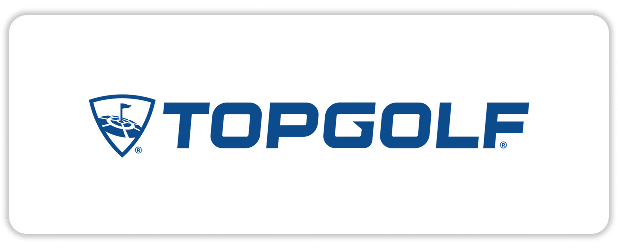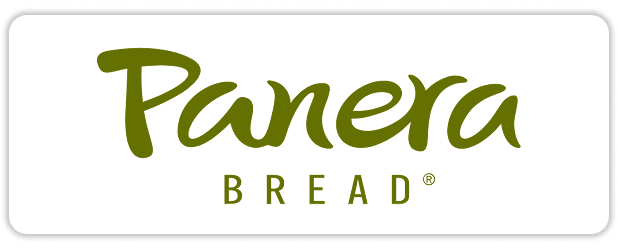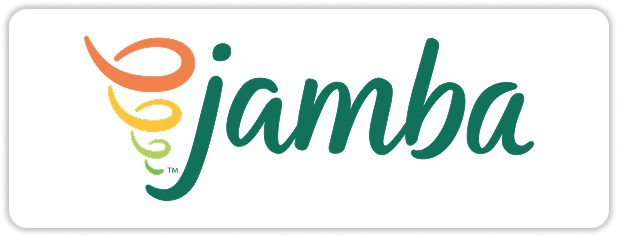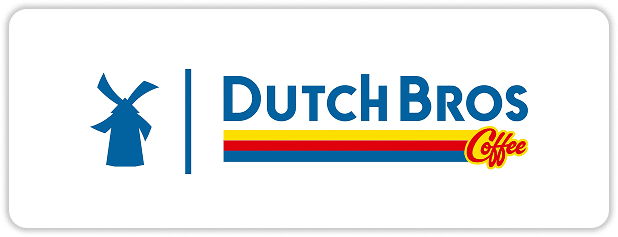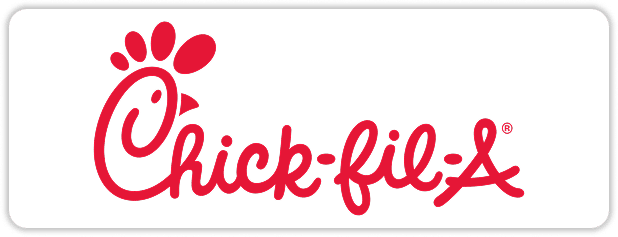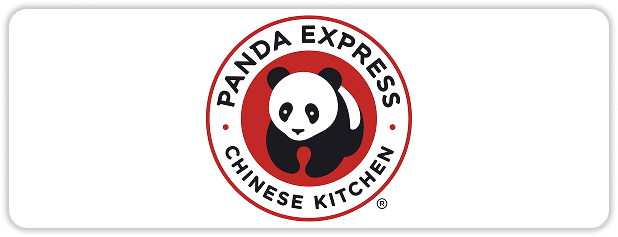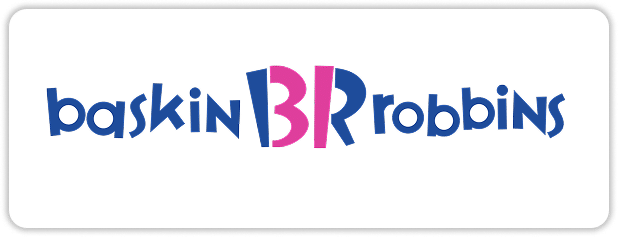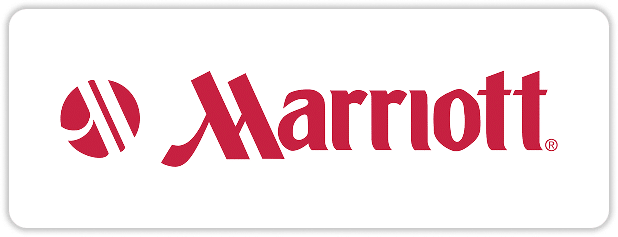
Food Manager Training Requirements: Everything You Need to Know to Get Certified
Whether you’re managing a restaurant, a healthcare food service, or a catering business, one responsibility is non-negotiable—meeting Food Manager Training Requirements. These requirements are more than just formalities. They protect public health, ensure regulatory compliance, and help maintain your business’s reputation.
To meet legal obligations and operate safely, food managers across the U.S. must complete an approved training program and pass a nationally accredited exam. This blog will walk you through what’s required, who enforces it, and how to get certified with a program accepted in most states, like the one offered by AAA Food Handler.
Why Food Manager Training Requirements Are Enforced Across the U.S.?

According to the Centers for Disease Control and Prevention (CDC), 1 in 6 Americans gets sick each year from contaminated food. These foodborne illnesses are largely preventable, and that’s where trained food managers come in.
Food Manager Training Requirements exist to ensure that individuals in charge of food service operations can identify risks, enforce hygiene practices, supervise food handling, and respond during health inspections.
To support this, most states have passed laws that require food establishments to employ at least one Certified Food Protection Manager (CFPM). Certification must be obtained by passing an exam accredited by the ANSI National Accreditation Board (ANAB) and recognized by the Conference for Food Protection (CFP).
What Do You Learn During Food Manager Training?

Meeting Food Manager Training Requirements: involves completing a course designed around FDA Food Code principles. This training prepares managers not only for the certification exam, but also for everyday leadership in food safety.
Topics covered include:
- Time and temperature control for safety (TCS foods)
- Cleaning, sanitizing, and pest prevention
- Foodborne illness risk factors and transmission
- Cross-contamination prevention and allergen control
- Employee hygiene, training, and supervision
- Inspection preparedness and documentation
Who Is Legally Obligated to Hold a Food Protection Manager Certification?
If you’re responsible for supervising food safety in any capacity, then Food Manager Training Requirements apply to you. These rules typically affect:
- Restaurant and food service managers
- Catering supervisors and banquet leads
- Deli and grocery food safety personnel
- Hospital and long-term care dietary managers
- Correctional kitchen supervisors
- School and university food service heads
- Mobile food truck operators
Understanding State-Level Oversight and Regulations
While the FDA Food Code provides a national guideline, it’s important to understand that Food Manager Training Requirements are enforced by state-specific regulatory bodies. These agencies monitor food safety standards and conduct inspections to verify compliance.
Here are examples of how different states enforce these rules:
- Texas: The Texas Department of State Health Services (DSHS) requires that all food managers be certified through an exam that is ANSI National Accreditation Board (ANSI National Accreditation Board (ANAB)) accredited. Certification must be available at the establishment and may need to be registered with the state.
- California: The California Department of Public Health – Food and Drug Branch mandates that every food facility have at least one Certified Food Protection Manager. The exam must be ANSI National Accreditation Board (ANAB)-accredited, and certificates must be renewed every five years.
- Florida: The Florida Department of Business and Professional Regulation (DBPR) enforces food safety compliance. Florida requires that a valid Food Protection Manager Certification be on file at all times and made available during inspections.
- Illinois: The Illinois Department of Public Health (IDPH) recognizes exams that are accredited by the ANSI National Accreditation Board ANSI National Accreditation Board (ANAB) and approved by the Conference for Food Protection (CFP). Certificates must be kept current and shown during inspections.
- New Mexico, Arizona, and others: These states follow similar protocols, recognizing nationally accredited programs and requiring proof of certification during health inspections.
Certification Process: 3 Steps to Compliance
Step 1: Enroll in an Approved Training Program
Step 2: Complete the Training and Study
Step 3: Pass the Exam and Get Certified
Is the Certification Valid for Healthcare and Correctional Facilities?
Yes. AAA Food Handler’s training and certification program is compliant with federal food safety regulations for institutional kitchens, including:
- CFR § 483.60, which governs food and nutrition services in long-term care facilities
- Standards for correctional food services and hospital dietary departments
This certification is also a valuable step toward becoming a Certified Dietary Manager (CDM), which is often required in healthcare food operations.
Why Employers and Inspectors Trust Certified Food Managers?
Complying with Food Manager Training Requirements: sends a clear message—you’re committed to food safety, staff leadership, and regulatory excellence.
Certified managers help food establishments:
- Prevent costly violations and closures
- Improve their inspection scores
- Train and supervise staff effectively
- Build customer trust and brand reputation
- Qualify for roles in higher-risk environments like hospitals or schools
Trusted Across States: Respected by Regulators
Start Your Certification Journey Today

Meet your Food Manager Training Requirements: with a trusted, accredited program that’s accepted in most U.S. states.
- Fully online, on-demand training
- Prepares you for the ANSI National Accreditation Board (ANAB)-accredited exam
- Instant certificate download
- Accepted by state and local health departments
- Valid for healthcare and high-compliance facilities






